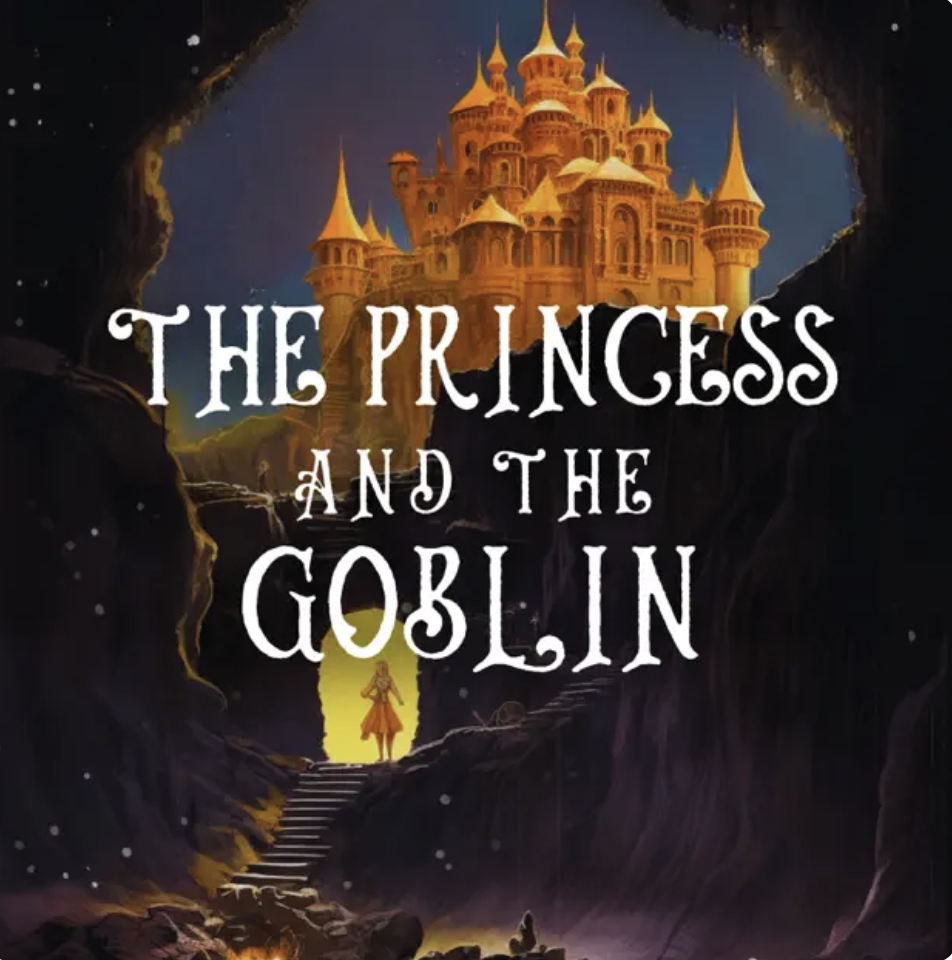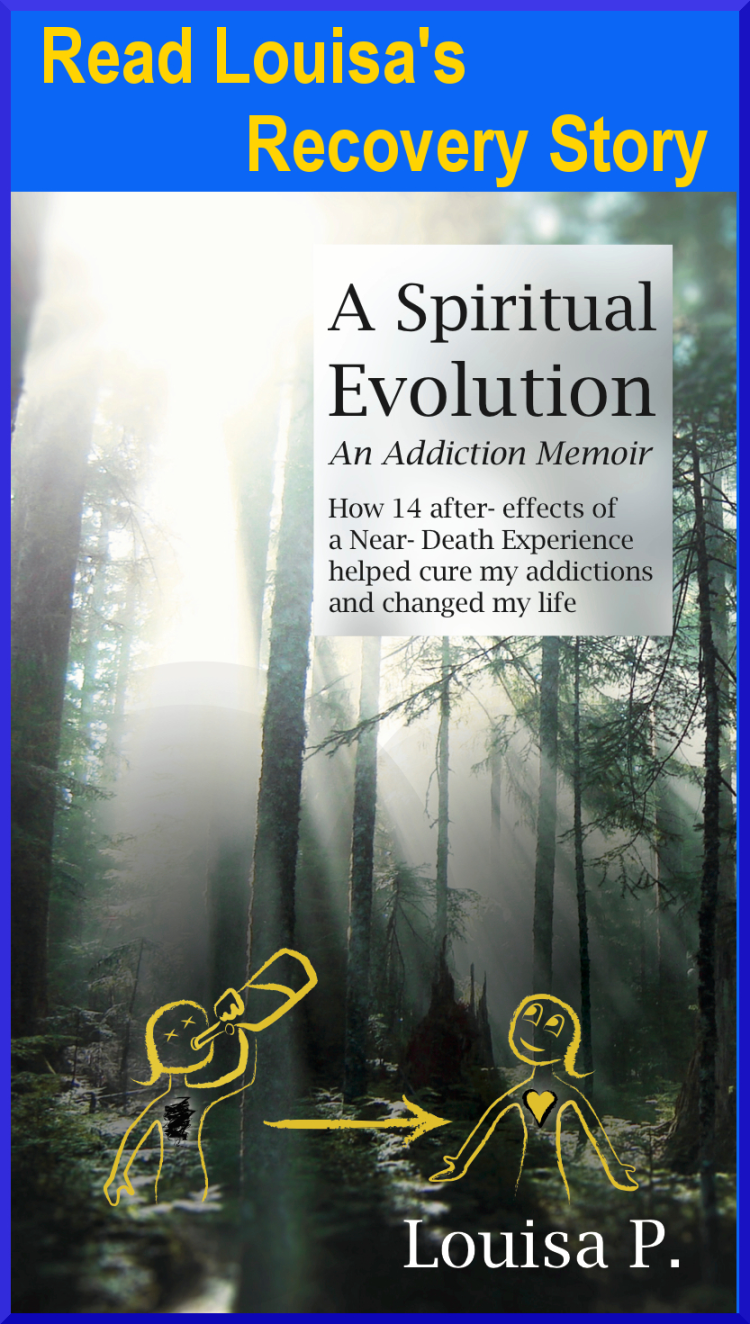The point of the 12 Steps is ego deflation. Granted, ego’s a necessary part of the psyche that aims to get our needs met. We couldn’t survive without it.
But what if ego runs our lives? “Selfishness — self-centeredness! That, we think, is the root of our troubles” (62). Ego distorts our outlook so that we base all our decisions on flawed thinking. We make a mess of relationships, and often finances, driving, and the law as well. Then our daily lives become so riddled with tension, guilt, worry, and hurt feelings that we reach for booze or some other mental oil slick to blur our troubles so we can slide past them and just not care – for a little while.
 When I came to AA 30 years ago, I felt damn sure there was nothing wrong with my thinking. I dismissed the 12 Steps at a glance as nicey-nice instructional platitudes; that is, simplistic admonitions with way too much “God” in them. Nothing was wrong with my beliefs about who I was in the world. I just needed a little help moderating my drinking.
When I came to AA 30 years ago, I felt damn sure there was nothing wrong with my thinking. I dismissed the 12 Steps at a glance as nicey-nice instructional platitudes; that is, simplistic admonitions with way too much “God” in them. Nothing was wrong with my beliefs about who I was in the world. I just needed a little help moderating my drinking.
Humility opens the door to freedom. Bill W., Dr. Bob, and the first 100 discovered humility’s portal to peace and alignment that empowers us to live differently. Ego shrinkage allows guidance from a higher power to shine into our thinking and influence how we navigate from minute to minute, as well as how we regard fellow beings. Life seems to change drastically, but what really happens is we gain a compass.
peace and alignment that empowers us to live differently. Ego shrinkage allows guidance from a higher power to shine into our thinking and influence how we navigate from minute to minute, as well as how we regard fellow beings. Life seems to change drastically, but what really happens is we gain a compass.
My best thinking and efforts brought me utter misery, but the 12 steps have transformed me into a person I like and respect.
Almost every AA meeting opens with a reading of “How it Works.” Perhaps you’ve wondered why everybody sits there while the same words are read, meeting after meeting. The reason for this is two-fold. 1) Time spent in passive listening is as close to meditation as a lot of us are going to get; 2) emphasizing the need for rigorous honesty, the text sets up the 12 steps for spiritual progress, followed by the leak-proof logic of the A, B, Cs: neither we nor any other human can solve our problem, but a higher power can, if we seek it.
Now we arrive at Step 3: Made a decision to turn our will and our lives over to the care of god as we understood god. This means our ego has to abdicate the director’s chair. We have to accept that we’re neither the script writer, nor the director, nor the star of life. We have no clue what’s best for us or others.
WAIT, WAIT!! Our ego insists it DOES knows what’s best for all concerned. I can remember reaching this step and objecting, “I barely have any contact with this god thing! How the heck am I supposed to turn my whole freaking life over to it?” This is where key phrases like “Good Orderly Direction (GOD),” “next right thing,” and “still small voice” come in. So does that great Al-Anon directive, “Don’t just DO something; SIT there!”
Among the greatest tools sobriety has given me is the PAUSE. While pausing, we try to calm down and connect, however faintly, to something beyond our initial impulses. Is ego masquerading as care for others while actually intent on grabbing what we think we need? “Is he not really a self-seeker, even when trying to be kind?”
I can confidently declare that most people, whether addicted to substances or to some other coping mechanism, are so accustomed to living in fear that we’re not even aware fear is driving our choices. Like an emotional tinnitus, fear of losing or not getting Thing X nags at us so constantly, we don’t consciously register it.
Ego is not so much about bragging and grandiosity as it is about “a hundred forms of fear, self-delusion, self-seeking, and self-pity.” We’ve all had some painful stuff go down, and based on that ego projects a hostile world from which I “can wrest satisfaction and happiness… if [I] only manage well.” But if I don’t manage well, fear says, I’m gonna be screwed again.
Here are a couple of fundamental truths that no amount of “wresting” can overcome:
1) We can never know how another person perceives a situation because we haven’t lived their life;
2) therefore, other people are always gonna do what they’re gonna do for reasons we can’t know.
3) We can choose only what WE think and do.
The 4th Step . 
If we refuse to write a 4th step or keep postponing it for no good reason, we clearly have not taken Step 3. Go back to “Rarely” and start over. And if we think there’s no need to write one, we’re withholding from Step 1.
We write a 4th step as grist for a 5th step process which will, with the guidance of a good sponsor, unveil ego in all the choices that have steered our adult lives off-course. The first 2 columns are easy; we get to name all the people and institutions we resent and list all the stuff they’ve done to hurt us or piss us off.
Childhood. One exception to any 4th column inquiry is harm we suffered as children. Our kid selves certainly did not set those “trains of circumstances” in motion; our parents did. The unfortunate fact is, Nature neglected a ‘got your shit together’ prerequisite for eggs and sperm to be viable. No training course exists, no bar exam before any random person can take responsibility for a budding life. Thus, everywhere are wounded people who in turn inflict wounds on their children. “Pain travels through families until someone is ready to feel it.” (Stephi Wagner)
I didn’t fully understand this until I gave birth myself. Having worked the steps, I did my best to break the chain of family dysfunction. Every time I pushed myself to be extra honest and open and respectful with my boy — rather than trying to seem powerful and confident — I threw light on how my parents couldn’t or wouldn’t do the same for me.
THE COLUMNS. The more honest we can be in our columns, the more growth we’ll harvest from our 5th step. In column 2, we have to get down to what really bothered us, no matter how petty or elusive. In column 3, we have to really FEEL what the situation threatened.
- Security — our basic sense that we’ll be okay, not just a roof and food, but well-being
- Self-esteem — how we see ourselves
- Personal relations — how we think people in our social / professional circles view us
- Sex relations — how we feel and think others perceive us relative to romance and sex
- Ambition — who we want to become or what we want to achieve
- Pocketbook — finances
That last one isn’t on page 65, but I was taught to include it.
I myself (Louisa) created 2 extra columns that sponsees from decades back still tell me opened their eyes more than anything else in the inventory to what was really at stake for them. These ain’t in the Big Book, but they might help you.
Column 3.5 — Name the Diss
In this column, we try to put into words what the person’s actions seem to be saying to us, or what we take them to mean about us. If someone lies to us, not only do they affect almost every category above, but the diss is: “You’re gullible and easily manipulated.” Maybe it’s”You’re stupid,” or maybe “You’re not worthy of my honesty.” If someone interferes with our romantic desires, they might be saying, “I’m hot/ beautiful-handsome/ interesting — and you’re NOT!” Someone who fires you says, “You’re incompetent.” Someone who ghosts in friendship says, “You’re not worth my time.” A big one for me, having grown up in a dysfunctional family, was, “You’re not quite worthy of my love.”
Column 3.5 is the best way I know to get at the core of what hurts. It’s far from accurate regarding the other person’s actual motives; what it’s trying to pinpoint is the voice of ego. As we sense the inaccuracy of the diss, we start to distinguish our higher self from ego — a lifelong process.
A standard 4th Column attempts to turn the tables, to reveal how we were selfish, self-seeking (indirectly manipulative), dishonest, and frightened. It’s the key to liberation.
Again, for my sponsees, I added another column:

Column 4.5 — What The Other Person Should Have Done
Reading this extra column often brings laughter or tears, depending on how much of our ego or genuine heart is invested in our expectations. “They should have seen how awesome I am and hired / fallen in love with / chosen me!” We can laugh about these. But what about “They should have honored our relationship.” In this type of Should Have, we’re often led to an unexpected “Dishonest” notation in the standard 4th Column.
Often, we sensed somewhere in our core that this person lacked the integrity, emotional maturity, or wisdom to do the right thing, and yet we masked our intuition with unrealistic hope. We tried to will them to be who we WISHED they were — but weren’t. And how can we be angry with someone for simply not having qualities that, deep down, they too wish they had? These people just plain aren’t there yet. Maybe they never will be (sick man prayer time). So instead of lasting resentments, they become…
Teachers!
When we experience first-hand the pain inflicted by another’s lack of integrity, emotional maturity, or wisdom, we understand why these qualities are so essential to living an honorable life. We gain a better sense of who we do NOT want to be, and thus a better sense of how to live.
A good sponsor will work with this material in hearing your 5th step, and help you see the truth about yourself — that you are a loving, vulnerable, often frightened child of god who has been unwittingly either sticking their foot into power lawnmowers or letting their foot rest in the wrong people’s lawnmower path, even though you’ve seen they won’t swerve. We learn how to move our feet away from what hurts us and stand tall with our face raised to the sunlight of the spirit.
As for how we hurt others — that’s the grist for Steps 8 & 9.
.


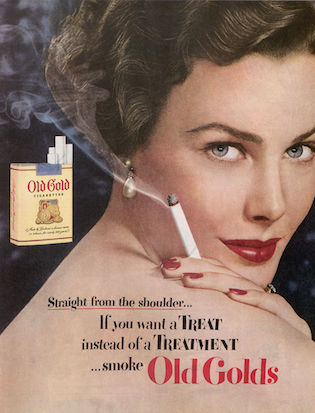
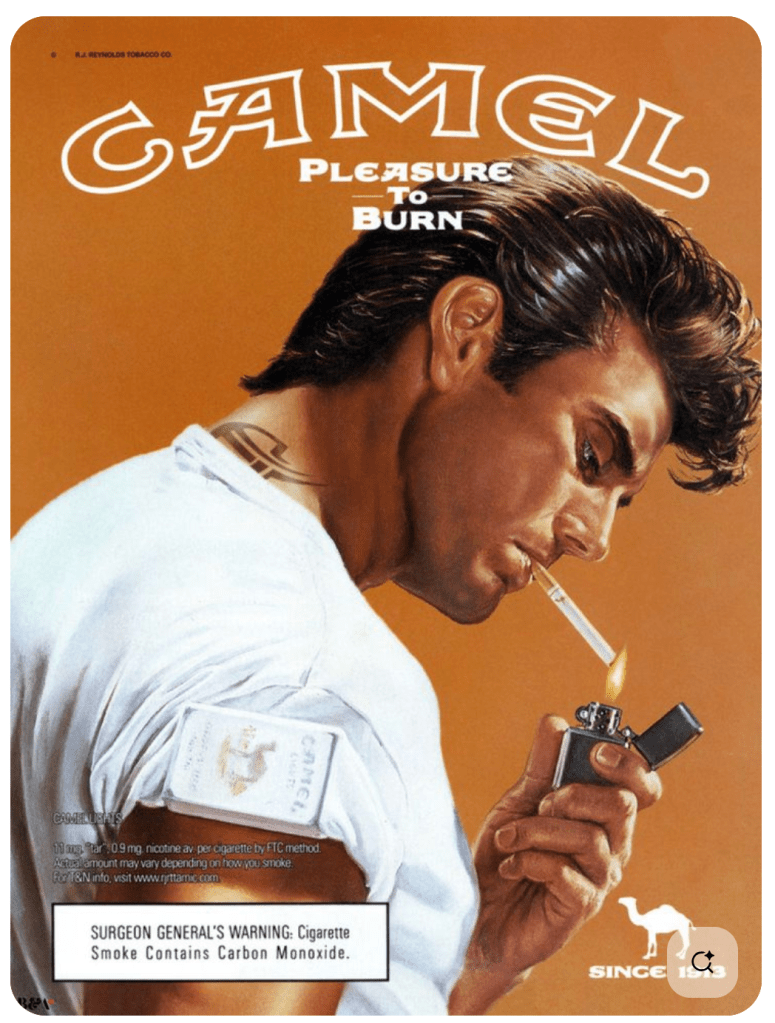

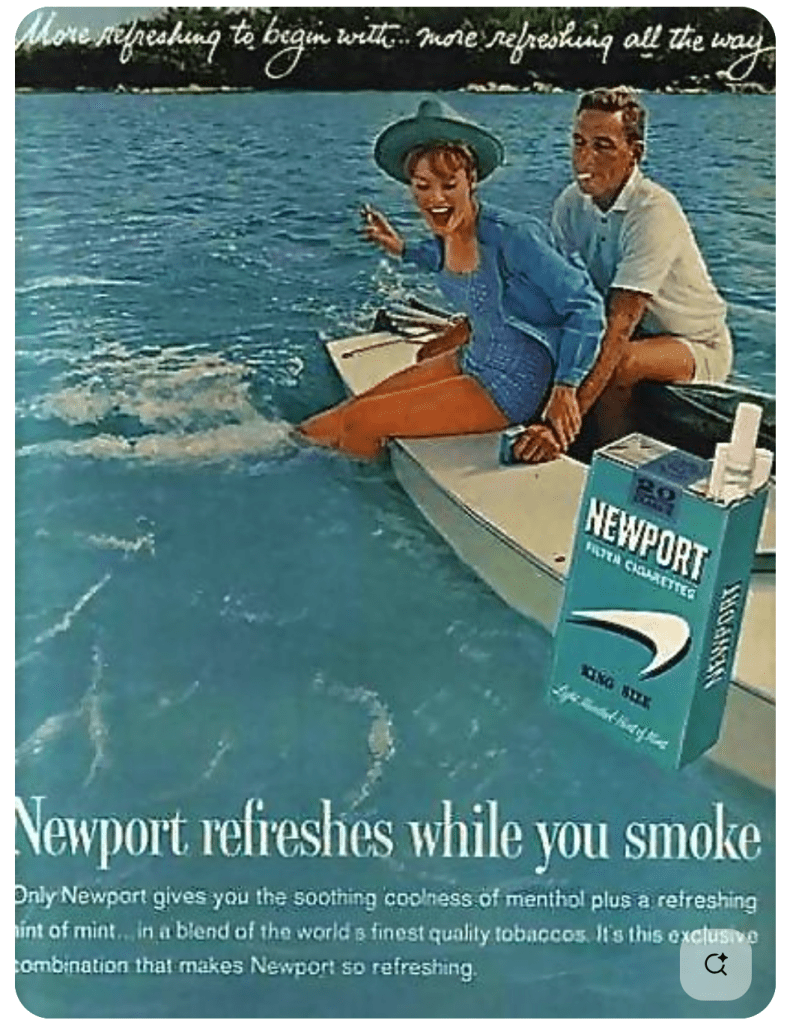

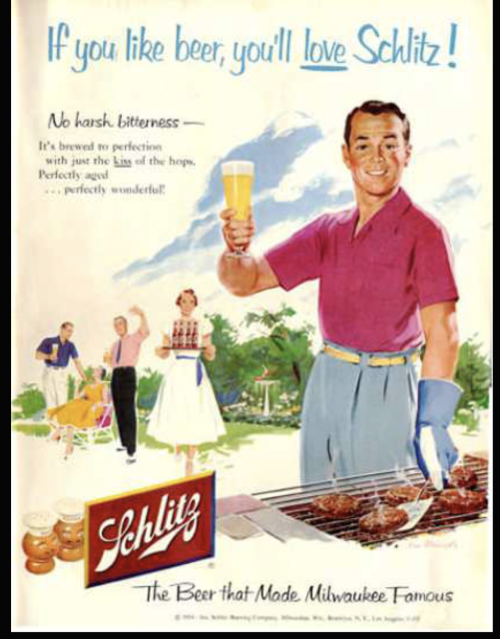


 peace and alignment that empowers us to live differently. Ego shrinkage allows guidance from a higher power to shine into our thinking and influence how we navigate from minute to minute, as well as how we regard fellow beings. Life seems to change drastically, but what really happens is we gain a compass.
peace and alignment that empowers us to live differently. Ego shrinkage allows guidance from a higher power to shine into our thinking and influence how we navigate from minute to minute, as well as how we regard fellow beings. Life seems to change drastically, but what really happens is we gain a compass.


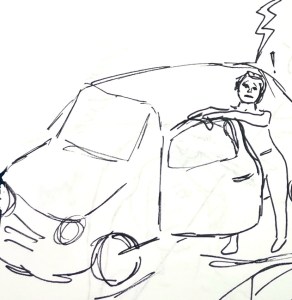
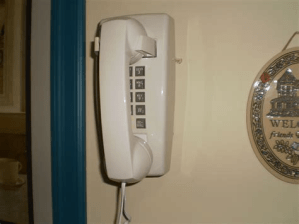 I know where the paper is, next to the wall phone. The allure of suicide gleams brighter, though, that absolute freedom of throwing in the towel. You’ve been rescuing and rebuilding a card house that keeps partially collapsing, and finally, instead of trying to prop it up yet again, you just flatten the fucker on purpose.
I know where the paper is, next to the wall phone. The allure of suicide gleams brighter, though, that absolute freedom of throwing in the towel. You’ve been rescuing and rebuilding a card house that keeps partially collapsing, and finally, instead of trying to prop it up yet again, you just flatten the fucker on purpose.









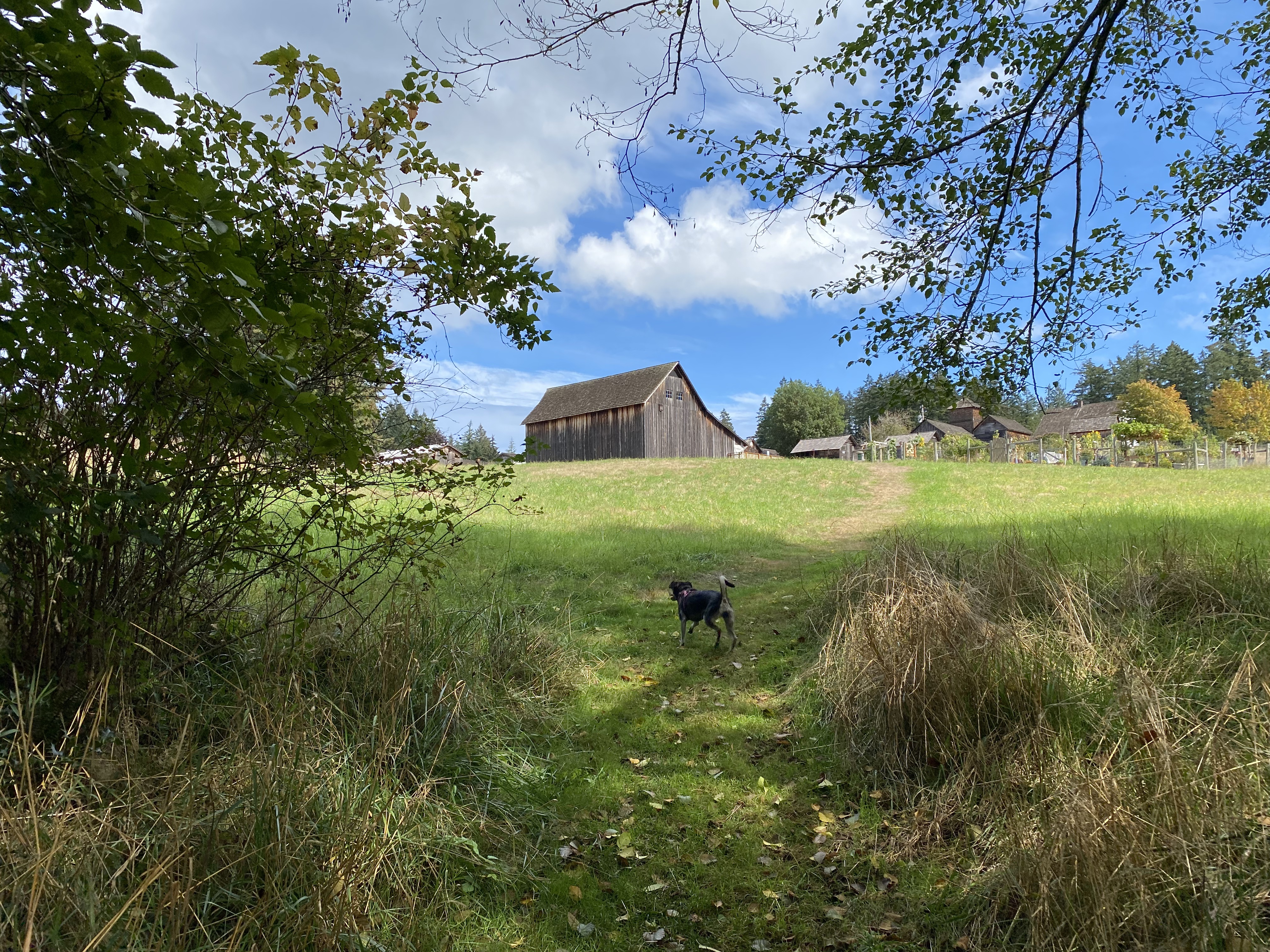





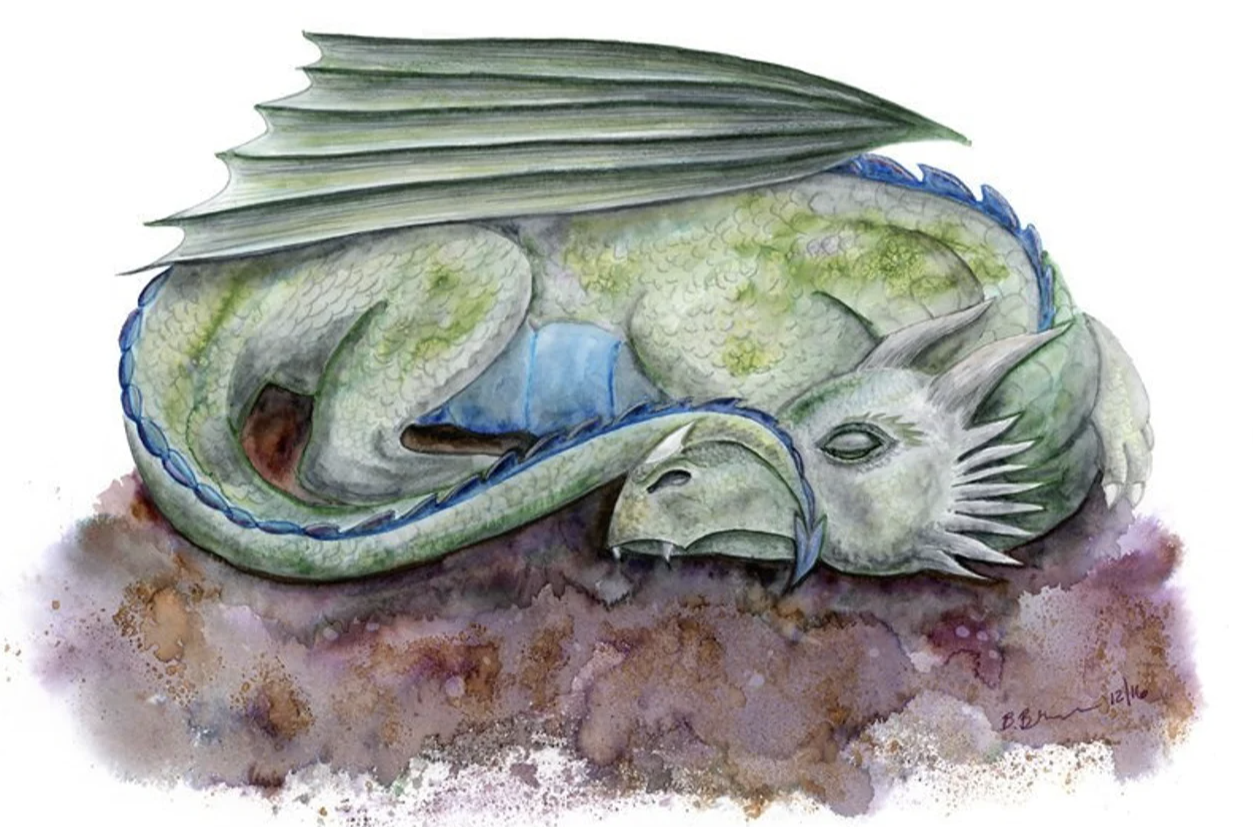






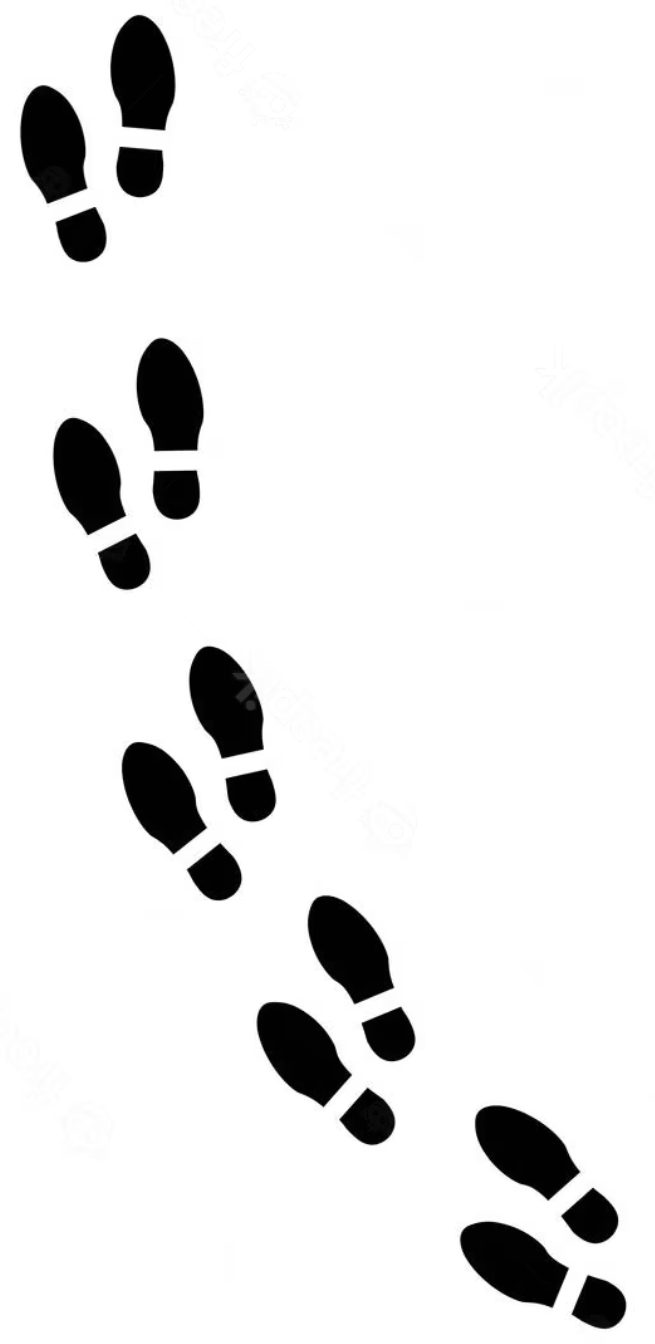 I heard early on in AA. Strangely, “right” did not equate to “most desired.” It steered me away from what I thought would feel good, make me look good, or bring temporary relief, and toward a deeper sense of right and wrong. **
I heard early on in AA. Strangely, “right” did not equate to “most desired.” It steered me away from what I thought would feel good, make me look good, or bring temporary relief, and toward a deeper sense of right and wrong. **